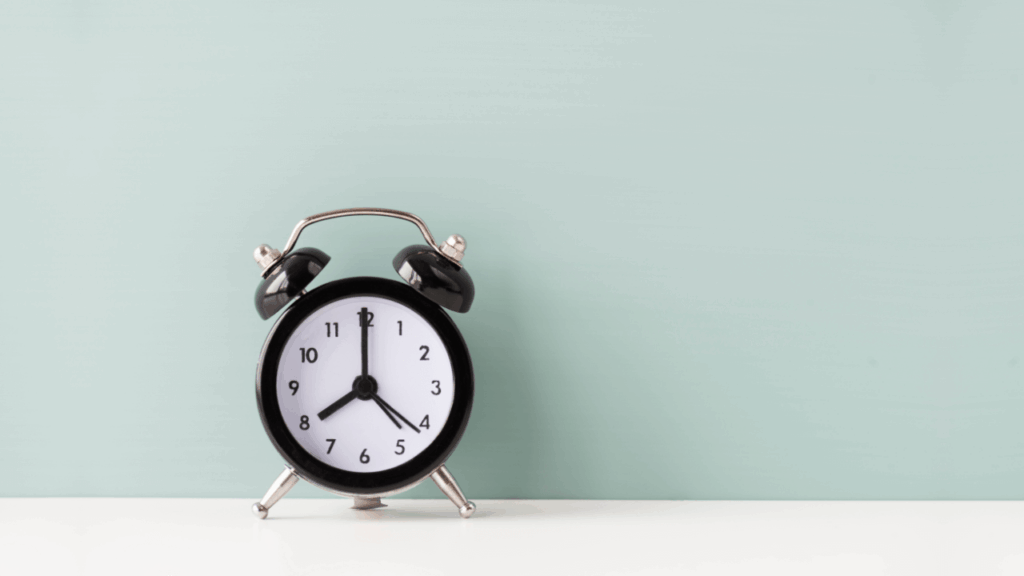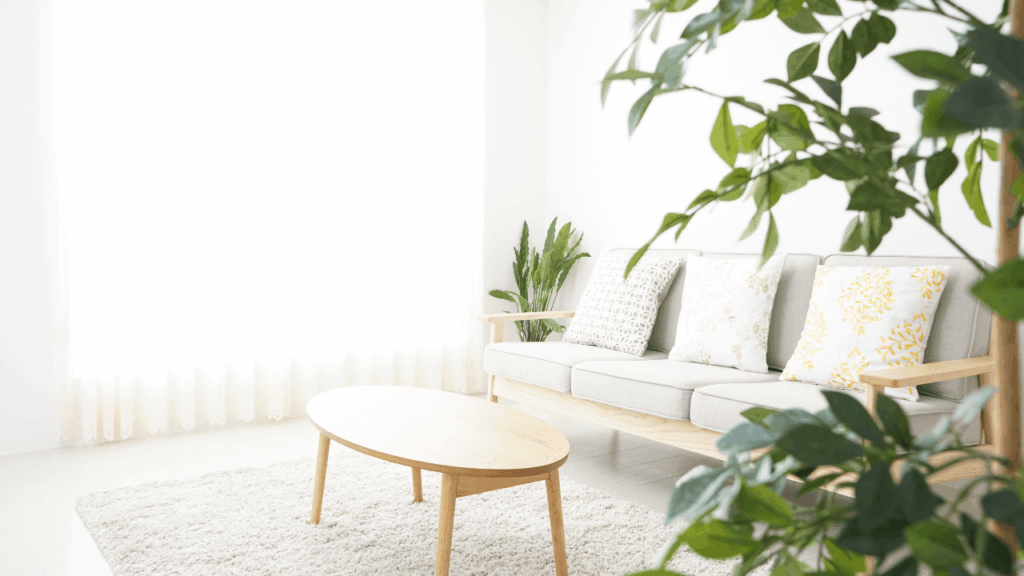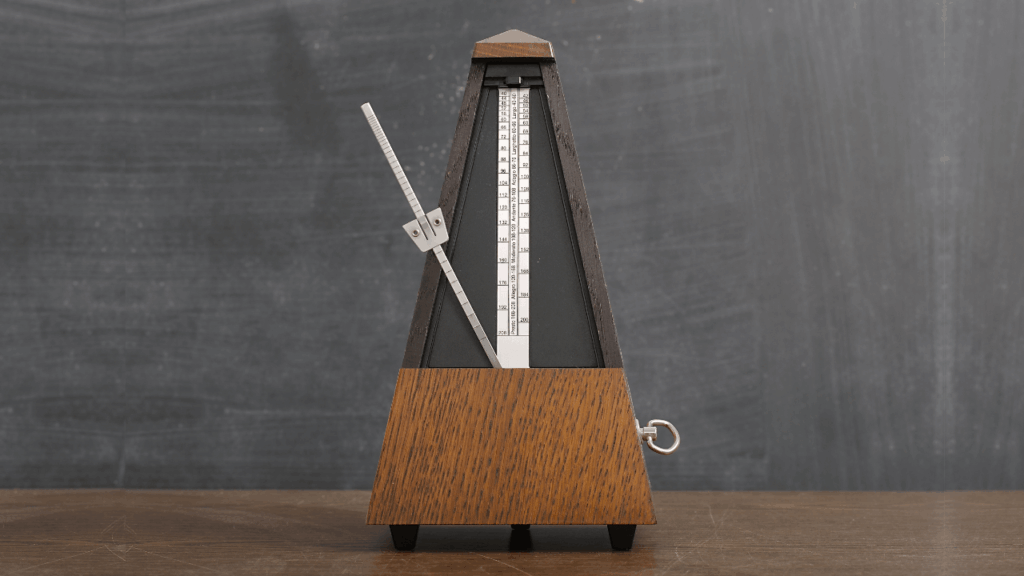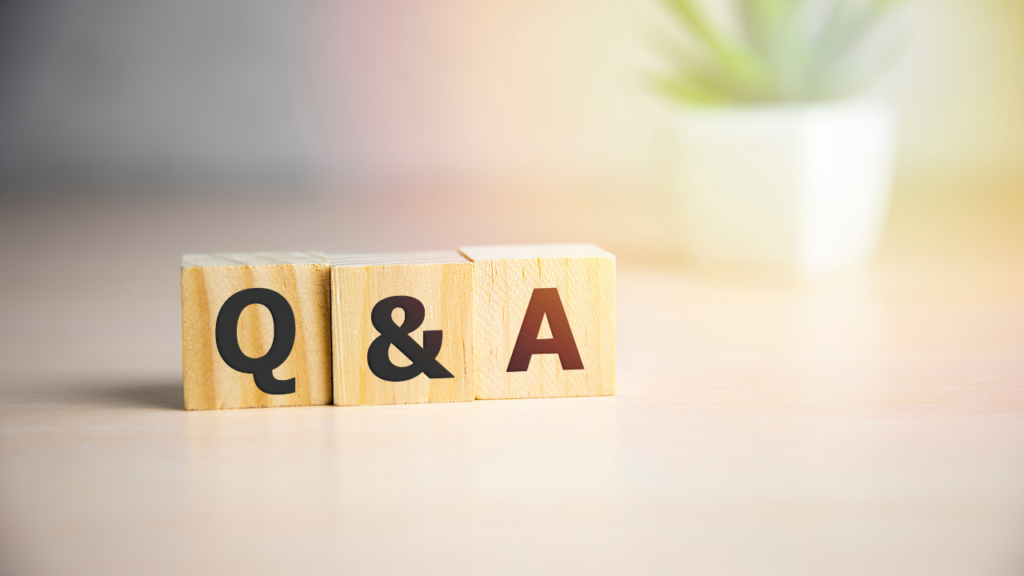Have you ever wondered, “How many hours a day should I practice piano?”
It may seem that the more you practice, the faster you improve, but effective practice depends on quality and balance.
In this article, we’ll explore “How many hours a day should you practice piano?” and introduce guidelines for ideal practice time along with tips to maximize results.
- How Much Practice Time is Ideal? Explained by Goals
- Tips for Using Practice Time Effectively
- Practice Plans Adapted to Age and Lifestyle
- Quality-Focused Practice: Example of an Efficient Daily Routine
- Items and Environment to Improve Practice Quality
- Frequently Asked Questions
- Practice Piano at a Sustainable and Appropriate Time!
How Much Practice Time is Ideal? Explained by Goals

The required practice time differs depending on whether your goal is to master one piece for a recital or to strengthen your fundamentals. Let’s find the right amount of practice according to your goals and level.
Beginners and advanced players also differ greatly in how long they can maintain concentration, so here are guidelines from beginner to advanced.
(1) Beginners (playing as a hobby)
-1024x576.png)
Practice time: Ideally about 20–30 minutes per day.
Key point: Consistency is important. Balance new piece practice with basic finger exercises.
(2) Intermediate players (able to play some pieces)
-1024x576.png)
Practice time: Aim for 1 to 1.5 hours a day.
Key point: Combine technical practice (scales, arpeggios) with repertoire to improve both technique and expression.
(3) Advanced players / Music students (aiming for professional level)
-1024x576.png)
Practice time: 3–5 hours a day may be required.
Key point: When practicing long hours, it’s important to take breaks to maintain focus.

Tips for Using Practice Time Effectively

1. Focus even in short sessions
20–30 minutes of focused practice is more effective than long, unfocused practice. Using a timer helps maintain concentration.
2. Practice a little every day
Daily short practice is more effective than practicing for long hours only once in a while.
3. Set specific goals
Setting small goals such as “be able to play up to this section today” helps boost motivation.
4. Take breaks
For long practice sessions, take a 10–15 minute break every hour. Resting your hands and brain helps restore focus.
Practice Plans Adapted to Age and Lifestyle

1. Students or busy workers
Aim for 30 minutes to 1 hour a day. Use spare time in the morning or evening to continue without pressure.
2. Children
For elementary school children, 20–30 minutes a day is recommended. Choose songs they like to keep practice fun.
3. Adults learning as a hobby
Aim for 30 minutes to 1 hour a day. Playing favorite songs or genres helps make practice enjoyable.
Quality-Focused Practice: Example of an Efficient Daily Routine

[Example] 1-hour practice routine
- Warm-up (10 minutes): Loosen fingers with scales and arpeggios
- Technical practice (20 minutes): Focus on weak points or new techniques
- Piece practice (20 minutes): Play your current repertoire
- Cool-down (10 minutes): Play a favorite song to relax
By dividing practice time into sections like this, you can maintain concentration and improve effectively.
Items and Environment to Improve Practice Quality

Metronome: Essential for developing accurate rhythm.
Digital piano with recording function: Review your performance and find areas to improve.
Practice journal: Recording daily practice helps you feel your growth.
Frequently Asked Questions

Q1. What is the ideal practice time for children?
For ages 5–10, aim for 15–20 minutes per day. If concentration fades, don’t force them to continue.
Q2. Does longer practice always lead to faster improvement?
No. A focused 30 minutes with purpose is more effective than long, unplanned practice. Quantity without quality can backfire.
Q3. Is it better to practice in the morning or at night?
Morning practice refreshes the brain and helps finger independence, while night practice helps reinforce what you’ve learned before sleep. Choose a time that fits your lifestyle and allows consistency.
Practice Piano at a Sustainable and Appropriate Time!

The answer to “How many hours a day should I practice piano?” depends on your goals and lifestyle.
Beginners: 20–30 minutes, Intermediates: about 1 hour, Advanced: 3–5 hours are good guidelines, but the most important thing is to practice sustainably.
Build your skills step by step with quality daily practice, and enjoy improving with fun!

